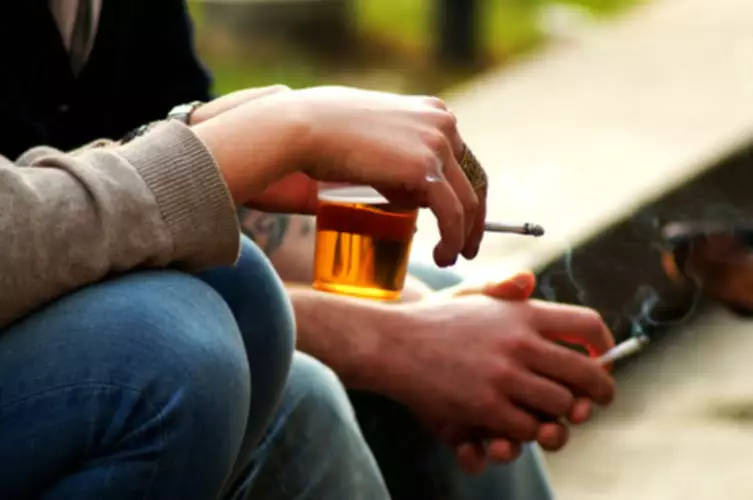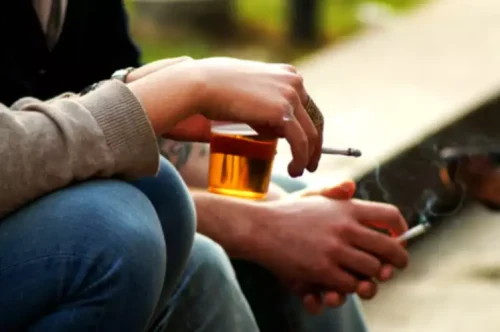
As mentioned, acute kidney injury can occur after a session of binge drinking. It happens when the kidney gets inundated by alcohol and cannot filter out the toxins as fast as they enter the bloodstream. Some people with alcoholism end up with chronic kidney disease (CKD). Alcohol has diuretic properties, causing increased urination and subsequent dehydration. This dehydration can put pressure on the spine’s nerves, leading to back pain and potentially affecting the kidneys. Additionally, dehydration can cause kidney stones, which can result in intense kidney and back pain.
- According to Health match, applying a heat pad can help relieve pain from the back and side which is caused from the kidneys.
- UPJ obstruction can be treated with a minimally invasive procedure.
- Back pain occurs as a result of problems affecting the muscles, bones, or nerves in the back.
- Individuals often misattribute back pain to kidneys; however, muscle strain or spinal issues are more common culprits.
Does Back Pain Mean Kidney Damage?
There are several factors that can increase the risk of AKI, including heavy alcohol consumption. Drinking alcohol can harm the kidneys by causing high blood pressure, dehydration, and liver disease. Binge drinking or frequent drinking may cause kidney problems, as the kidneys have to work harder to filter out the alcohol from the blood. Alcohol can also increase the risk of developing a urinary tract infection (UTI), which can spread to the bladder and cause kidney pain. This could be due to several factors, including dehydration, kidney pain, weight gain, or underlying medical conditions such as alcoholic myopathy or Hodgkin lymphoma.
Kidney Damage From Binge Drinking
- Chronic alcohol consumption can lead to persistent dehydration and high blood pressure, both of which are harmful to the kidneys.
- Alcohol affects the kidneys’ function to maintain water balance and electrolytes.4 This results in impaired kidney function and increases the risk of developing kidney stones.
- Excessive drinking causes dehydration that may lead to the development of kidney stones.
End-stage kidney disease leads to symptoms like extreme fatigue, chronic pain, and anxiety, with end-of-life care aiding symptom relief. As stage 3 progresses, consultation with a nephrologist is crucial for management. Stage 4 CKD (eGFR between 15 and 29) symptoms may include swelling in hands and feet, back pain, and changes in urination. Symptoms of a kidney infection may intensify with alcohol consumption. Common signs include fever, chills, flank pain, and painful urination. Alcohol can also increase the risk of dehydration, which may amplify these symptoms and complicate the overall condition.

What causes kidney pain after drinking alcohol?

Additional symptoms may involve nausea, vomiting, or changes in urination. If you experience these symptoms, especially with fever, seek medical attention promptly. Delaying treatment could lead to complications such as chronic kidney disease or permanent damage if an underlying condition goes unchecked. Experiencing pain in both kidneys isn’t something that should be brushed off lightly. It’s essential to evaluate accompanying symptoms such as fever, changes in urination patterns, or severe discomfort that disrupts daily life.

Six Easy Ways to Prevent Kidney Stones
While alcoholic myopathy can have serious health consequences, it is important to note that it can be reversed when a person quits drinking. Drinking alcohol can be done without repercussions by drinking more water to replace fluids lost by digesting alcohol. This will lower kidney damage and liver damage while maintaining your blood pressure to ease your back pain and other chronic pain in your body.


Alcohol use can cause Halfway house acute kidney damage or an infection that can lead to kidney pain. Although regular or binge drinking might lead to renal problems, moderate drinking should not cause kidney pain. It is advisable to pay attention to it as it is the body’s warning signal of a possibly dangerous medical issue. Visiting a physician as soon as feasible might lower the chance of complications and aid in guaranteeing proper treatment. Acute kidney damage or an infection can be the cause of post-alcohol renal pain.
What If Alcohol Is Affecting Your Kidneys?
- This is especially likely if your liver is impaired due to alcoholism.
- This condition is characterized by a sudden drop in kidney function, resulting in potential long-term kidney damage.
- Binge drinking significantly increases the risk of acute kidney injury (AKI), which is a sudden decline in kidney function.
- This condition can lead to lasting kidney damage if left untreated.
- Kidney pain after drinking alcohol is a serious symptom that should not be ignored.
- A study indicated that those diagnosed with stage 3a at age 60 have a life expectancy of around 10 years.
Since the function of the kidneys is to remove toxins from the blood and alcohol is one of those toxins, alcohol affects how hard the kidneys need to work. In contrast, typical back pain tends to arise from issues related to muscle strain or spinal problems. Kidney pain kidney pain from drinking is specifically concentrated in the flank region and doesn’t fluctuate with movement. Understanding these distinctions is crucial for effective treatment, as treatment strategies for kidney pain differ based on the underlying cause.
